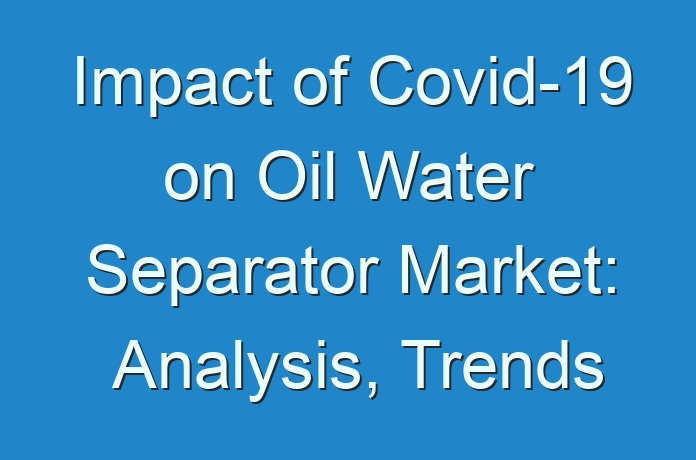
Oil Water Separator: Market Overview
Waste water effluents from refineries, chemical/petrochemical plants, and gas processing plants have high amount of oils and suspended solids. The oil water separator is a device which is designed to separate these effluents from the wastewater. The American Petroleum Institute (API) maintains the standards and designs of these separators. The first API separator was installed in 1933 at the Atlantic Refining Company (ARCO) refinery in Philadelphia, U.S. almost all the refineries worldwide install API separators that act as a key stage of the oily wastewater treatment plants. Oil and water separators are also used in electrical substations. The transformers found in substations employ a large amount of oil for cooling purposes. Channels are constructed adjacent to the enclosed substations to catch any leaked oil and also rainwater is trapped. Therefore, oil and water separators provide a faster and easier cleaning of an oil leak.
Request PDF brochure
https://www.transparencymarketresearch.com/sample/sample.php?flag=B&rep_id=28391
The oil water separator also treats wastewater to a certain standard, wherein its discharge is considered safe into an approved discharge point (sewer). Oil water separators are typically the first stage of any wastewater treatment system. However, in some cases, an oil water separator can be used as effective completion of pipeline treatment equipment. Oils, grease, and other hydrocarbons are removed and non-hazardous water is left, which can be disposed off safely in the drainage. The ability of oil water separators make it possible for sensitive downstream equipment to perform as designed. The separators reduce overall operating cost and improve system maintenance.
Oil Water Separator Market: Dynamics and Trends
The oil water separator becomes a necessity to be utilized in cases where water is produced as a part of operation, discharge of this produced water is to be done into public, and where water authority compliance is to be achieved for the discharge. The type of wastewater being produced decides the exact type of oil water separator that has to be utilized.
The trends utilized in the oil water separator market is the removal of oil, grease, and other hydrocarbons by coalescing methods, which force oil droplets to be impinged on the surface area. Gravity-based separators operate by putting fluid velocity and its corresponding pressure in control. The latest technique of hydro cyclone applies extreme centrifugal forces, which separate the water and oil droplets. The technology related to building of pressure-rated separators can be configured for complex operations. These operations are separation of gas from a myriad of immiscible liquids and suspended solids with same or different specific gravities.
More Trending Reports
Oil Water Separator Market Segmentation
In terms of type, the oil water separator market can be segmented into API series-based separators, enhanced gravity-based separators, and pressure-rated separators. In terms of application, the oil water separator market can be segmented into oil and gas, chemical processing plants, wastewater treatment, electrical substations, transportation, and others. In terms of region, the global oil water separator market can be segmented into North America, Latin America, Europe, Asia Pacific, and Middle East & Africa.
Buy Now
https://www.transparencymarketresearch.com/checkout.php?rep_id=28391<ype=S
Oil Water Separator Market: Key Players
Key players operating in the global oil water separator market include Schlumberger Ltd., Al Kaafah LLC, HydroFlo Tech LLC, and Andritz AG.
Request Discount
https://www.transparencymarketresearch.com/sample/sample.php?flag=D&rep_id=28391





